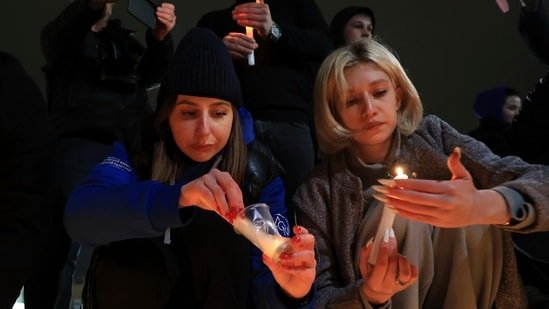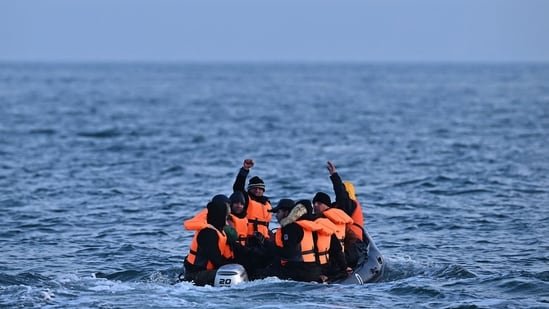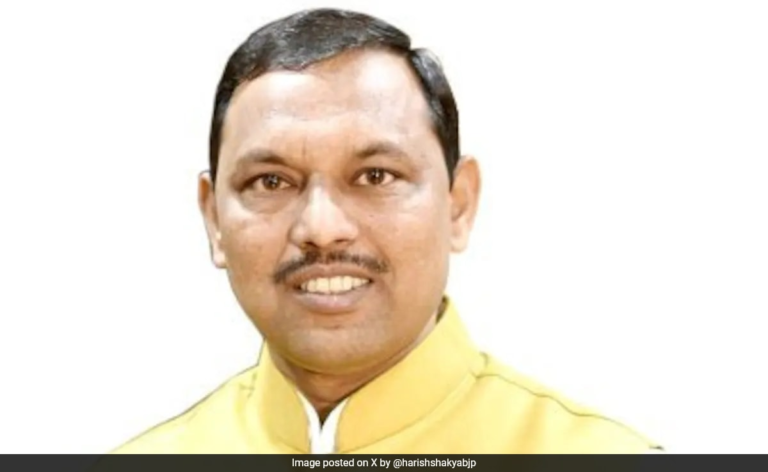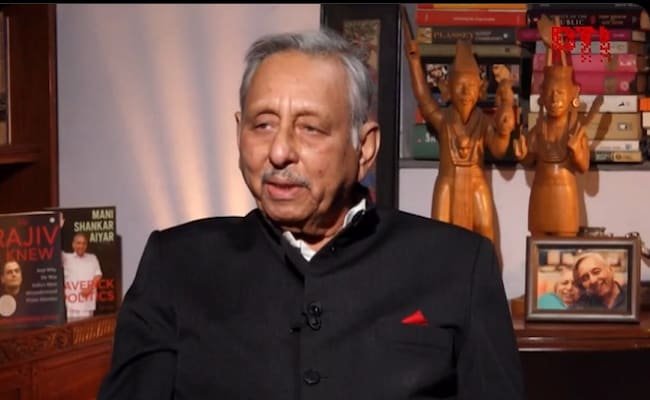
Reports of the involvement of Islamic State (IS), especially its so-called Khorasan Province affiliate, in the gruesome terror attack last week on the outskirts of the Russian capital that left 133 people dead should be a cause for concern. It was believed the IS was past its peak and had been stripped of its networks and firepower in West Asia, and was only capable of carrying out attacks within Afghanistan, where it remains locked in conflict with the Taliban.

It is also significant that Russia was alerted by the US early this month about a planned attack in Moscow and that Washington has concluded the IS bears sole responsibility for the strike. The IS claimed responsibility for the attack on messaging app channels, providing gruesome images of the terrorists involved.The terror group has a strong motivation to target Russia since President Vladimir Putin supported President Bashar al-Assad against the group in the civil war in 2015. The IS has frequently criticised Putin and security analysts believe the group’s networks in Afghanistan and Central Asia give it the capability to carry out such an attack.
How Putin responds to this terror attack could have larger repercussions for global power relations, especially at a time when Russia is locked in a dragging war with Ukraine. It would be disingenuous for Russia to claim there is some sort of Ukrainian link to the terror strike, especially since Moscow has presented no evidence to back up such allegations. On the other hand, there is evidence purportedly linking some of the attackers to Tajikistan, which fits in with Islamic State-Khorasan Province (IS-KP)’s efforts to expand to Central Asia. A UN Security Council report in January had warned about IS-KP’s ability to project influence into the region and beyond, and about its increased appeal within Tajik networks.
The Russian leadership will do well to focus on the real source of the problem and work with countries in the region, including Afghanistan, where the Taliban has been fighting IS-KP in its backyard. Unlike the Moscow theatre siege by Chechen terrorists in 2002 or the Beslan school hostage crisis in 2004, the implications of the IS attack won’t be restricted to Russia’s borders. Russia can hardly afford to open any new fronts, and the need of the hour is more focused action, including collaborating with countries where the IS has a presence, to hunt down those responsible for the carnage.
Continue reading with HT Premium Subscription
Daily E Paper I Premium Articles I Brunch E Magazine I Daily Infographics








